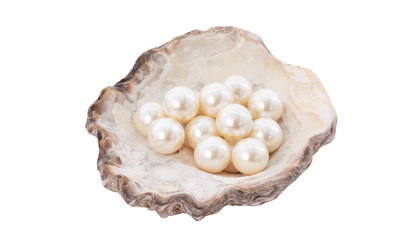Introduction to Capital Goods Finance
Capital Goods Financing (CGF) is widely considered as an essential financial tool used by businesses for acquiring capital goods necessary for growth and expansion. It elaborates on different forms of CGF, including Ijara and Ijara-wa-iqtina, which are compliant with Islamic Shariah principles.
What is Capital Goods Finance?
CGF is a type of asset financing where businesses pay a regular charge for using an asset over a period instead of purchasing it outright. This form of financing is crucial for businesses, especially small ones, as it allows for investment in necessary assets without the financial strain of large one-off payments.
CGF is broadly categorized into financing for ‘hard’ assets (like vehicles and machinery) and ‘soft’ assets (like IT equipment and software).
Benefits of CGF
- Securing the Use of Assets: CGF enables businesses to acquire necessary assets while maintaining financial flexibility.
- Securing a Loan Through Assets: Businesses can secure loans using assets as collateral, which is especially useful for companies with limited credit history.
Types of CGF
- Hire Purchase: Involves leasing an asset for a fixed period with an option to buy it at the end.
- Finance Lease: A longer-term solution where the lessee bears some risks and rewards of asset ownership.
- Equipment Leasing: Similar to finance leasing but with maintenance costs borne by the provider.
- Operating Leasing: Suitable for short-medium term usage of assets without the intent to purchase.
Advantages and Disadvantages of Asset Financing
Advantages include easier access compared to traditional loans, fixed payments for better budgeting, and specific tailoring to business needs. However, it also comes with risks like losing critical assets and varying asset values affecting loan security.
Shariah Compliant Capital Goods Financing
The Ijarah and Ijara-wa-iqtina structures are popular Shariah-compliant CGF products. They involve leasing an asset with an option (but not an obligation) for the lessee to purchase the asset at the end of the lease term.
Ijarah wal-Iqtina’ Structure
This involves a sequence of contracts for lease and subsequent acquisition. Key elements include the lessee’s option to purchase the asset at the end of the lease term and the lessor’s retention of ownership during the lease. The structure also ensures compliance with Shariah principles, such as the separation of the lease and sale contracts and the assignment of risk.
While conventional CGF methods, such as financial leases and hire-purchase agreements, may have non-compliance issues with Shariah law, structures like Ijarah wal-Iqtina’ offer viable Shariah-compliant alternatives. These structures address the complexities of conventional financing while adhering to Islamic financial principles, providing an ethical and practical financing solution for capital goods.
Download the paper to learn more about Capital Goods Financing



